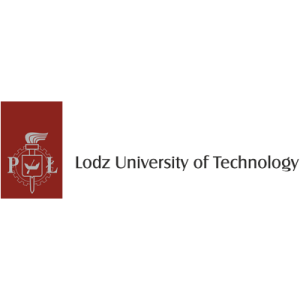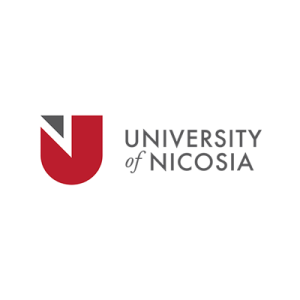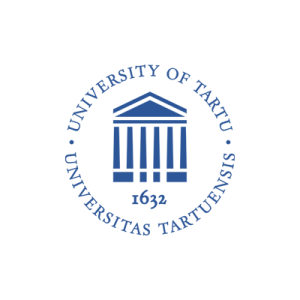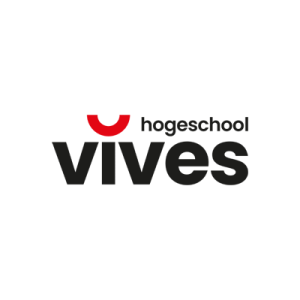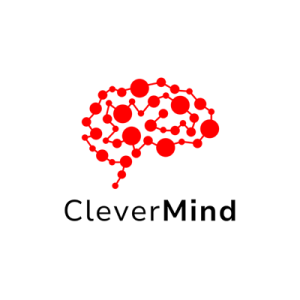Partners
Get familiar with all the partners in the GreenEDU project and know more about them and their role in the project. GreenEDU is only possible but every single partner’s outstanding cooperation.
Lodz University of Technology
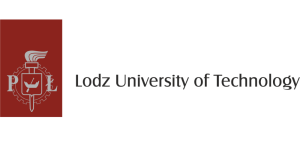
Lodz University of Technology
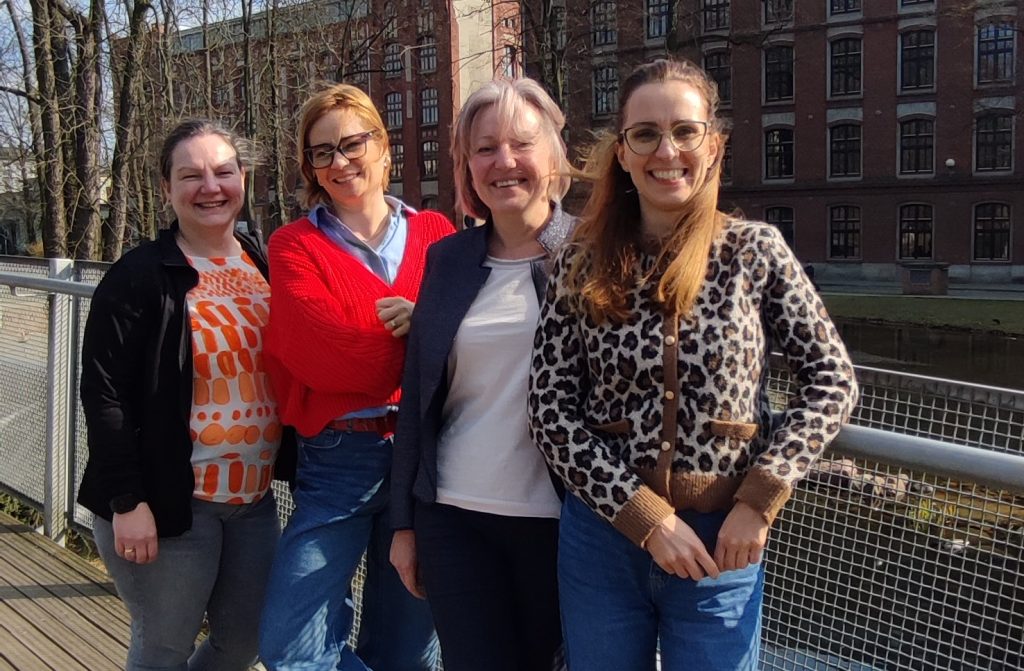
Introduction
Politechnika Łódzka, Lodz University of Technology (TUL), established in 1945, is one of the leading technical universities in Poland. With a strong tradition in engineering and technology, the university boasts a rich academic history, innovative research, and a dedication to fostering highly skilled professionals. TUL offers a diverse array of programs across engineering, technology, and applied sciences, attracting students and scholars from around the world. The university is renowned for its contributions to scientific advancements and its commitment to sustainability and technological innovation.
Role in GreenEDU
Politechnika Łódzka contributes to the GreenEDU project through several key activities, e.g. With strong expertise in sustainability and green technologies, TUL leverages its background in environmental engineering and sustainable practices to provide academic input and resources essential for developing project curricula and educational materials. Its robust research capabilities support the creation and dissemination of new knowledge and innovations at the intersection of higher education and the green economy. Additionally, TUL plays a leading role in designing and implementing educational modules that address skill gaps and prepare students for future careers in the green sector.
University of Tartu
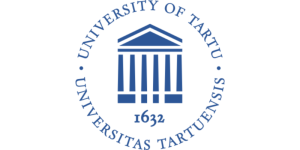
University of Tartu
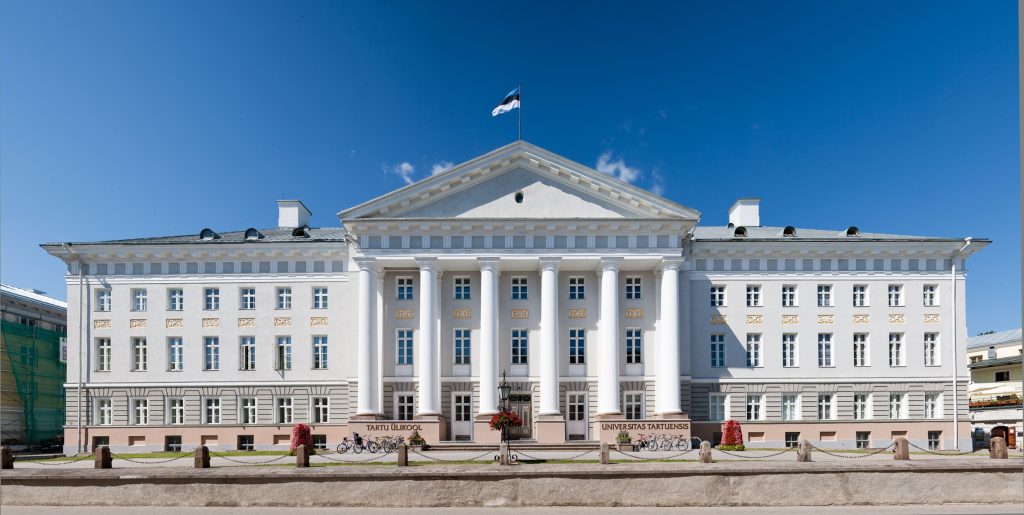
Introduction
The University of Tartu (UT) is the oldest and largest higher education institution in Estonia. Established in 1632, it has been the centre of Estonian academic life for almost four centuries. It is among 1% of the world’s most cited universities and research institutions in 15 fields of research. The university has four faculties: Faculty of Arts and Humanities, the Faculty of Social Sciences, the Faculty of Medicine, and the Faculty of Science and Technology. There are 15,200 students (incl. around 1,600 international students) and 3,700 staff members.
Role in GreenEDU
The University of Tartu (UT) participates in all WP-s, including project management, developing e-Toolkit and Green Higher Education (HE) strategy, integrating Augmented Reality Technology into Higher Education (HE) curriculum and developing Digital Escape Rooms to improve green skills competencies. We have lead responsibility in WP5: Communication & Dissemination. We manage the strategic communication of the project, communicate the progress of the project through newsletters, website and social media, and develop any dissemination materials related to the project.
University of Nicosia

University of Nicosia
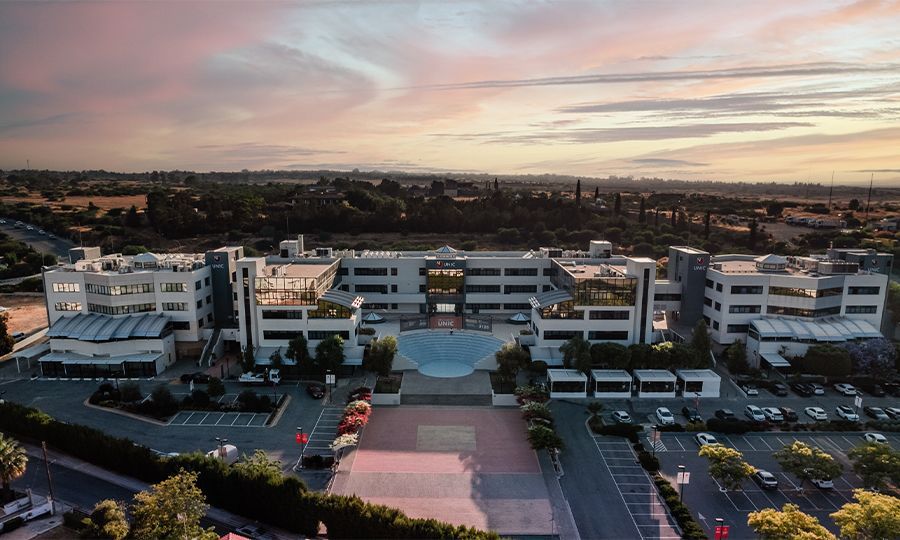
Introduction
The University of Nicosia (UNIC) is a leading research-oriented university in the Mediterranean, known for its focus on teaching, innovation, sustainability, and societal engagement. It offers over 100 on-campus and online programmes at the Bachelor’s, Master’s, and Doctoral levels, serving 11,500+ students from 100+ countries. UNIC excels in interdisciplinary research, especially in emerging technologies of the Fourth Industrial Revolution. Its strong industry and societal links ensure that programmes meet real-world needs and are professionally accredited. Ranked among the top 2% of universities worldwide by Times Higher Education (2025), UNIC is based in Nicosia, the capital of EU-member Cyprus.
Role in GreenEDU
The University of Nicosia (UNIC) is the leader for WP2: e-Toolkit and Green Higher Education (HE) strategy. This work package aims to prepare and implement a Green Higher Education Action Plan to help improve the green skills and competencies of HE students and build the capacity of HE educators to use Mobile Augmented Reality to teach students how to address the green economy and the changing labor market, especially in the STEM, education, and business sectors. As part of this WP, UNIC will lead the development of the GreenEDU Higher Education Strategy to enable the activities and results of the project and the creation of the GreenEDU e-Toolkit which will provide guidelines and theoretical material to HE educators to assist them in transferring the relevant knowledge to their students. UNIC is also QA leader, ensuring the quality of the work produced in the project and the consistency of its outcomes.
VIVES
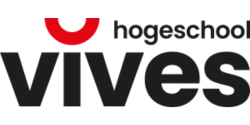
VIVES University of Applied Sciences
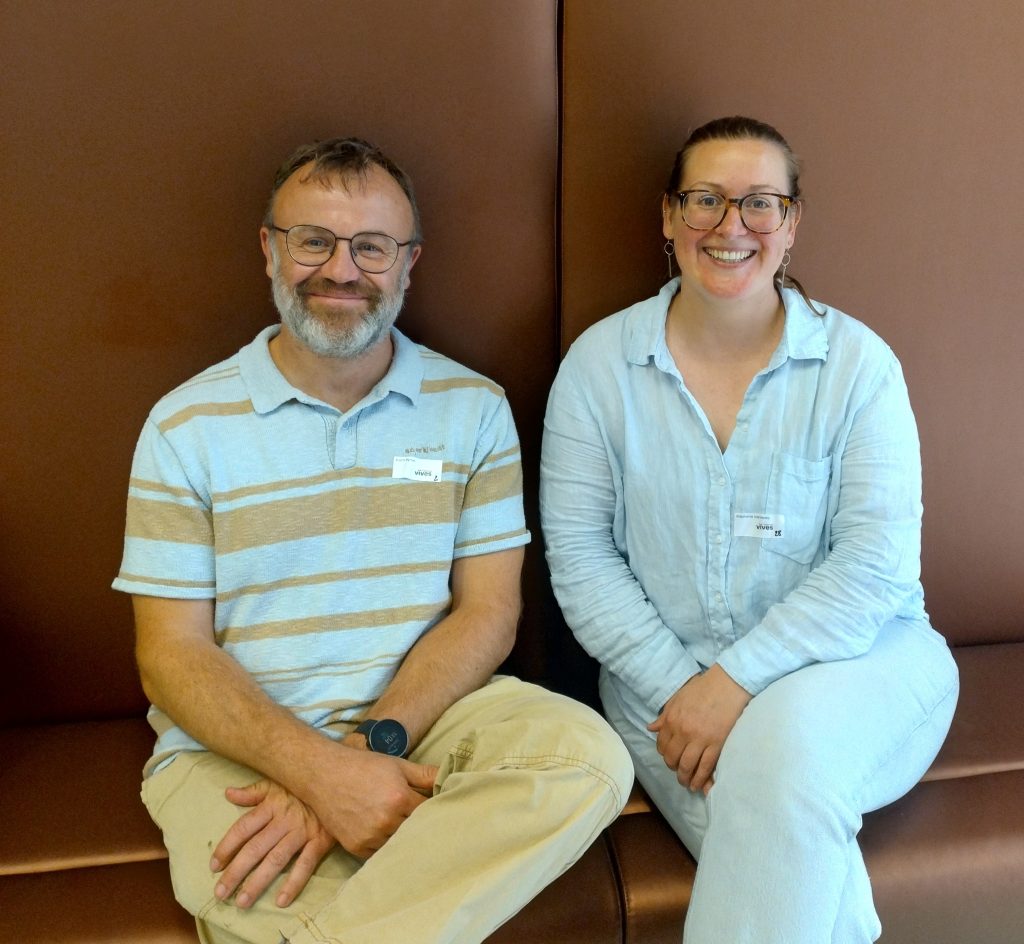
Introduction
VIVES University of Applied Sciences, located in the Flanders region of Belgium, is a prominent institution for higher education in applied sciences. With a strong emphasis on practice-oriented learning, innovation, and social engagement, VIVES prepares students to meet the challenges of a rapidly evolving world. The university offers a wide range of bachelor’s programs in fields such as education, health care, business, technology, and applied engineering. Known for its student-centered approach and close collaboration with industry, VIVES fosters a culture of entrepreneurship, sustainability, and lifelong learning. The institution actively promotes international cooperation and applied research to support regional and global development.
Role in GreenEDU
VIVES University of Applied Sciences is in the lead for WP3, which focuses on designing and developing a GreenEDU AR Green Curriculum aimed at building the capacity of higher education (HE) educators and institutions. This curriculum will enable higher education students to enhance their green skills and competencies through the use of Mobile Augmented Reality (MARG), addressing the changing economy and environmental challenges. This work package aims to develop a green curriculum that equips educators with essential knowledge of the green economy and digital transformation, strengthen their capacity to use augmented reality (AR) in addressing environmental challenges and exploring green economy opportunities, and create a GreenEDU framework that supports educators in understanding and applying best practices for promoting green and digital transitions.
CleverMind
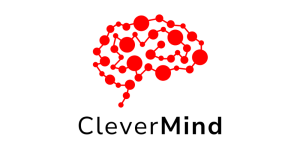
CleverMind

Introduction
The CleverMind foundation in a young organization established by 2 experienced specialists whose professional life has always been connected with multidimensional education at the European level. Due to their academical background in higher education institutions and collaboration with different universities they have high social competences and extensive knowledge enabling the implementation of various projects, in the research and development dimension.
Role in GreenEDU
CleverMind is co-leading WP4: GreenEDU Digital Escape Rooms. This WP focuses on developing innovative pedagogical quality resources for higher education’s educators to use and improve higher education students’ green skills and competencies and engagement towards the green economy and Increase awareness of students about the significance of the changing labor market through the set of Digital Escape Rooms to support both target groups, higher education’s educators and students. CleverMind is responsible for the preparation of 6 Animation GreenEDU video series linked with the Digital Escape Rooms to raise awareness among higher education students and enable them to change behaviour, be climate-conscious and contribute to the green transition by the use of their skills and compete.
INNOVADE

INNOVADE
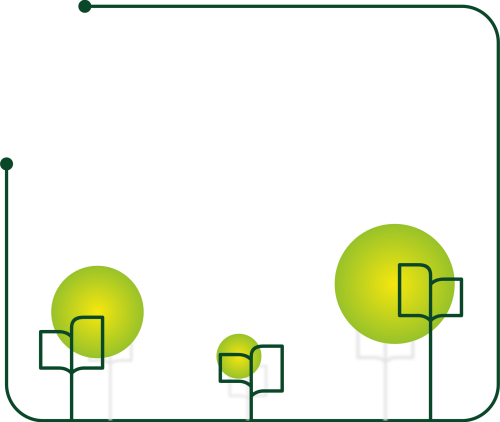
Introduction
Role in GreenEDU
INNOVADE co-leads WP4, which focuses on the design and development of innovative Digital Escape Rooms as a pedagogical tool to enhance students’ green and digital skills. By integrating gamification and immersive learning strategies, INNOVADE seeks to boost student motivation, foster critical thinking, and promote active learning around sustainability and climate action topics. Additionally, INNOVADE proudly co-hosted the project’s Kick-off Meeting in Nicosia, demonstrating its commitment to cross-sectoral collaboration and effective project coordination from the outset. Through these efforts, INNOVADE aims to maximize the impact and sustainability of GreenEDU outcomes at both national and European levels.
